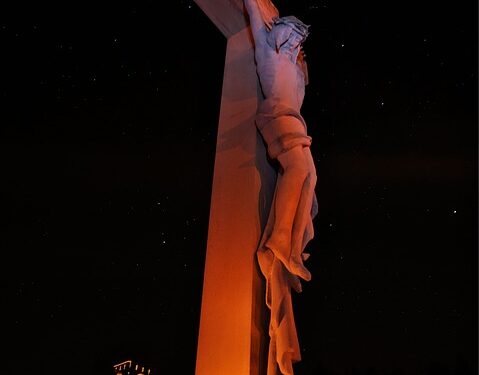The intersection of theology and science is a topic that has intrigued philosophers, theologians, and scientists for centuries. It is a complex and nuanced relationship, with both fields seeking to understand the nature of reality, the universe, and humanity’s place within it. Despite the perceived differences between the two disciplines, there are ways in which they can be understood in harmony, rather than as opposing forces.
At its core, theology is the study of the divine and spiritual matters, while science is the study of the natural world and the laws that govern it. Both fields seek to understand the fundamental truths of existence and have guided humanity’s understanding of the world for millennia. However, the different methods and approaches used by each field can sometimes lead to apparent contradictions or conflicts.
One of the key differences between theology and science is their methods of inquiry. Theology relies on revelation, tradition, and faith as sources of knowledge, while science relies on observation, experimentation, and evidence. This fundamental difference has led to the perception that the two disciplines are incompatible, and at times, in direct conflict with each other.
Despite these differences, there are many ways in which theology and science can be understood as complementary rather than contradictory. Both seek to uncover the mysteries of existence, and both are driven by a curiosity to understand the world around us. Theological and scientific inquiry can inform and enrich each other, leading to a more holistic understanding of reality.
For example, the study of cosmology, the origin and structure of the universe, has been a topic of interest for both theologians and scientists. The findings of modern astrophysics and cosmology have challenged traditional theological interpretations of the universe. However, many theologians have embraced these findings as a way to deepen their understanding of the nature of God and the universe. The Big Bang theory, for example, has been interpreted by some theologians as evidence of a divine creator who set the universe in motion.
Similarly, the study of evolution has been a point of contention between theology and science. However, many theologians have found ways to reconcile the findings of evolutionary biology with their understanding of the divine creation. They see evolution as a natural process through which God created the diversity of life on Earth.
In the end, the relationship between theology and science is a complex one, and there will always be tension between the two. However, it is important to recognize that they are both searching for truth in different ways. They are both valuable tools for understanding the world, and when approached with an open mind, they can complement each other in rich and meaningful ways.
Ultimately, the intersection of theology and science invites us to ask deep and profound questions about our existence, our purpose, and the nature of reality. It challenges us to seek understanding and wisdom, and to approach these questions with humility and an open heart. When we embrace the intersection of theology and science, we can find a deeper and more nuanced understanding of the world around us.









Discussion about this post